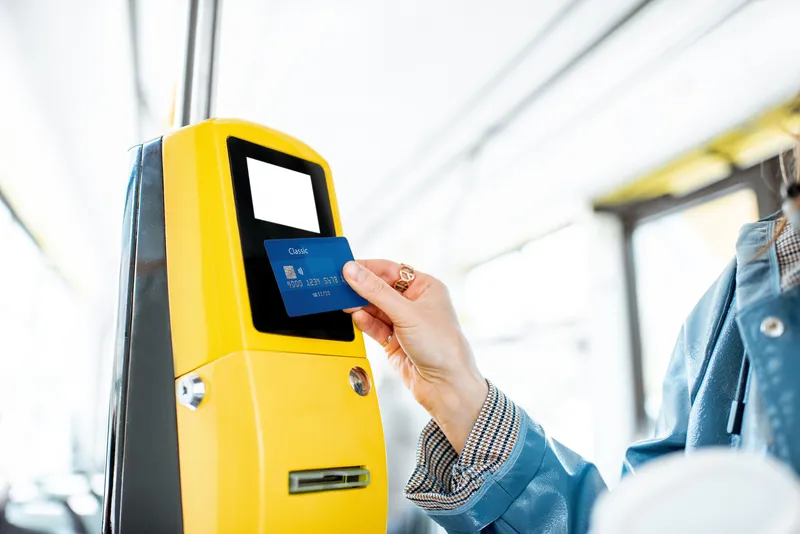
Regional New York City transportation agencies have launched the seventh annual Transit Tech Lab to improve public transit in the city’s metropolitan area.
This year’s two challenges are on Ridership Improvement - looking for ways to analyse ridership and travel demand data in order to improve ridership - and Inspection and Maintenance.
Applications for the two challenges are now open: click here to submit proposals by 27 February.
Transit Tech Lab is organised by the Metropolitan Transportation Authority, the Port Authority of New York and New Jersey, NJ Transit, New York City Department of Transportation and the Partnership Fund for New York City.
Representatives from each agency will evaluate applications based upon the technology’s impact and the applicant’s product, team and overall value proposition. Selected companies will advance to conduct a proof-of-concept over an eight-week period. If additional testing is needed, the agencies may select compelling solutions to participate in a deeper technology test via a pilot to demonstrate scalability.
Since the programme’s inception in 2018, there have been more than 900 applications, with 69 companies testing their technologies while 37 solutions have commercially scaled or have helped inform commercial procurements.
Graduates of the Lab programme include Remix, a collaborative digital platform used to redesign bus routes; and Axon Vibe, designers of the Essential Connector smartphone app to help essential workers plan journeys during overnight subway disinfection closures. Another graduate is Navilens, which created apps to enable visually-impaired and limited-English-proficiency New Yorkers to better navigate the subway and bus systems.
“The Transit Tech Lab is a great resource for New York’s next generation of innovators to learn the critical skills needed to solve tomorrow’s transportation challenges," said Ydanis Rodriguez, New York City DoT commissioner. "The connections, lessons and opportunities this programme provides are a launchpad for young companies looking to bring cutting-edge technology to New York’s transportation landscape.”
“This year we’re focused on harnessing the power of AI and other tech to improve foundational elements of the customer experience like scheduling, communications and system maintenance …..to build a vibrant future that benefits all New Yorkers,” said Stacey Matlen, vice president of innovation at the Partnership for New York City.
For the Ridership Improvement Challenge, the technologies may include tools to measure passenger loads on subways, commuter rail roads and buses, understand travel patterns and optimise scheduling according to paid ridership demand. There may also be tools to inform customers and internal staff of service changes, disruptions, crowdedness and arrival times to optimise navigation of disparate transit systems - including buses, subways, trains, paratransit, airports and transit hubs.
Other tools may consider how to automate scenario planning and schedule adjustments with the ability to incorporate an overlay of ridership data, train cycle changes and loading profiles of trains, as well as train staffing assignments. Some tools may reduce fare evasion, including fare compliance tools to assist fare inspections.
The Inspection and Maintenance Challenge will consider how to digitise manual inspections and optimise maintenance processes. Technologies may include zero-emission bus specific operations and maintenance tools as well as data analysis tools to improve maintenance prioritisation. Hardware technologies may improve physical inspections and manual maintenance processes.
Other tools might look at secure, remote diagnostics, repairs and data capture - secure VPN access, private 5G networks - to maintain machines and pull data without requiring physical presence. Some tools may look at cost-of-ownership modelling software to inform strategic business and operational decisions that can analyse and weigh cost impacts, for example cost modelling over time, as well as environmental assessments and risk impacts.








